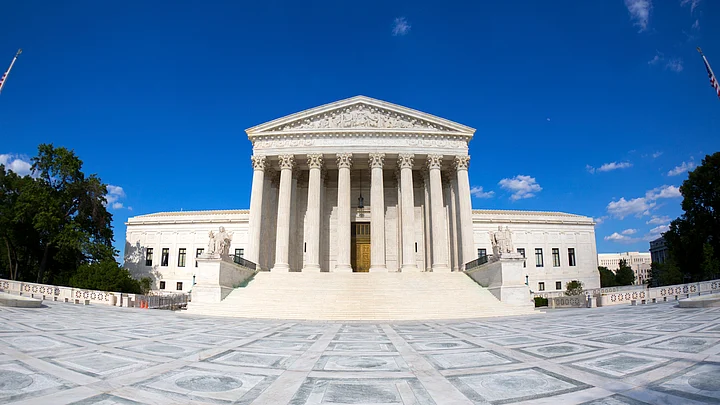Obama’s last year in office could have one big failure, thanks to the Supreme Court of the United States of America. A ruling from the court could derail the international climate agreement reached in Paris in December, climate experts say.
Earlier this week, the Supreme Court announced that Obama will not be allowed to implement an extensive plan to reduce emissions from existing power plants until legal cases opposing the action are addressed. The Clean Power Plan was expected to help cut the country’s emissions by 26 to 28 percent by 2025 and was the basis for commitments made by the United States at the recent 21st Conference of Parties (COP21).
The United States, India and China, the world’s largest greenhouse gas emitters, were among 195 countries that pledged to make efforts to limit global warming to under two degrees Celsius, the warming level deemed safe by United Nations experts.
It will be extremely difficult for the US to meet its commitments. It’s in the best interest of the world to ignore the US. The world needs to do a lot more [to address climate change].Chandra Bushan, Deputy Director General, Centre for Science and Environment
Republican backlash to Obama’s plans to reduce US carbon emissions has consistently delayed climate action both at the national and international levels. After the President announced the Clean Power Plan, more than 24 states, coal companies and electrical companies said the plan overreached the power of the Environmental Protection Agency overseeing the implementation. Now, the Supreme Court has ruled that until these protests have been legally addressed, no action can be taken to reduce emissions under the Clean Power Plan.
Representatives from India and China have said the decision could break trust between their respective countries and the US.
COP21 is really about building trust between countries over time. India is very vulnerable to climate change, so it should stay the course. A lot of what India [committed to] is sensitive to development.Navroz K Dubash, Senior Fellow at the Centre for Policy Research
The consequences of delays in climate action will have the most devastating effect on nations least responsible for creating global warming.
(At The Quint, we question everything. Play an active role in shaping our journalism by becoming a member today.)
